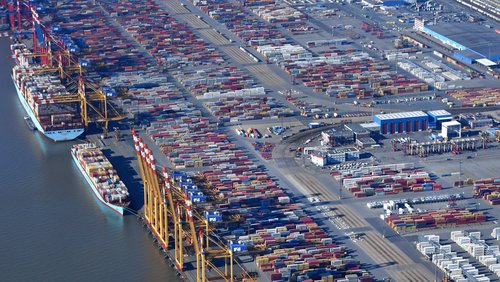Be it cars, beds or books, more than ever before is being used collaboratively in what has come to be known as the sharing economy. In this field, however, Europe lags far behind the USA. To make its markets more attractive to companies in the sector, Europe urgently needs to create uniform rules for start-ups, reduce administrative hurdles and make access to risk capital easier. These are the conclusions of an analysis conducted by the Cologne Institute for Economic Research (IW).

The need for political action is growing
While it takes an average of only five days to register a company in the USA, potential entrepreneurs in Europe must expect to spend nearer twelve satisfying the relevant authorities. Accessing investment capital is also considerably more difficult in Europe than in the USA, Israel or South Korea, for example. In view of this, the IW economists argue, many European governments should act more convincingly and more consistently to expand the availability of risk capital. According to the study, a good example is being set by the United Kingdom, which offers tax breaks to providers of venture capital. Other states, too, have already created an attractive environment for private equity funds and other investors – unlike Germany.
A further problem is that in many markets it remains unclear whether sharing economy firms are bound by the same rules as traditional companies. The former often bring individual suppliers and potential consumers of products and services together and therefore believe that the current rules should not apply to them. The IW recommends that Germany’s competition authorities respond to this by conducting reliable analyses of the regulatory status quo. Moreover, European countries should consider harmonising their regulations. For new firms wanting to operate Europe-wide this would considerably lower the cost of adjusting to local markets.

EU-Lieferkettengesetz: Gravierende Folgen für Entwicklungsländer
Heute unternimmt die belgische Ratspräsidentschaft einen erneuten Versuch, eine Mehrheit für das EU-Lieferkettengesetz zu finden. Trotz Nachbesserungen drohen immer noch erhebliche Nachteile – nicht nur für die europäische Wettbewerbsfähigkeit, sondern auch ...
IW
Leasing-Marktbericht 2024
Die Investitionen in Deutschland leiden unter den gegenwärtigen makroökonomischen Rahmenbedingungen. Bei den realen Bruttoanlageinvestitionen war im Jahr 2023 nochmals ein Rückgang gegenüber dem Vor-jahr in Höhe von 0,7 Prozent zu verzeichnen.
IW